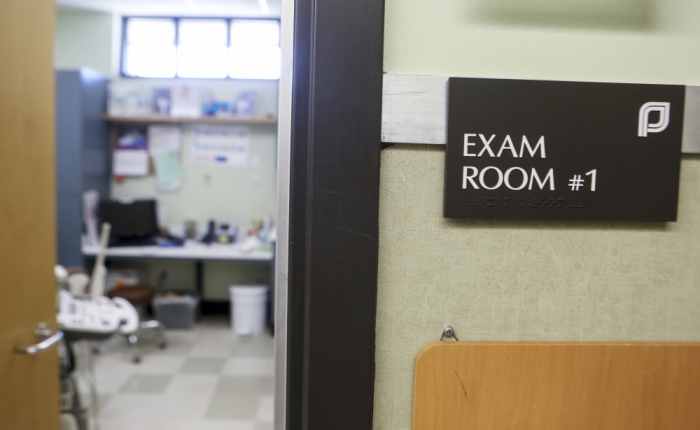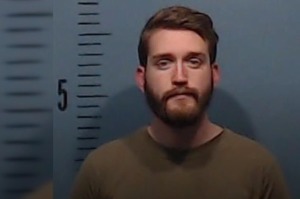Texas doctor violates state abortion law days after it goes into effect

A Texas obstetrician and gynecologist who began his career before abortion became a constitutional right through Roe v. Wade in 1973 announced Saturday that he violated the state’s new law banning most abortions in the state after six weeks gestation, just days after it became effective on Sept. 1.
“On the morning of Sept. 6, I provided an abortion to a woman who, though still in her first trimester, was beyond the state’s new limit," Dr. Alan Braid wrote in an op-ed for The Washington Post. "I acted because I had a duty of care to this patient, as I do for all patients, and because she has a fundamental right to receive this care."
Texas’ S.B. 8 law, which prohibits abortions once a fetal heartbeat can be detected, was signed into law in May and was enacted on Sept. 1 after the U.S. Supreme Court refused to grant an emergency injunction to block the law from taking effect.
In addition to banning most abortions after six weeks, the new law also allows individuals to take civil action against anyone who “performs and induces an abortion” or “knowingly engages in conduct that aids or abets the performance or inducement of an abortion, including paying for or reimbursing the costs of abortion through insurance or otherwise.”
“I fully understood that there could be legal consequences — but I wanted to make sure that Texas didn’t get away with its bid to prevent this blatantly unconstitutional law from being tested,” wrote Braid.
“I understand that by providing an abortion beyond the new legal limit, I am taking a personal risk, but it’s something I believe in strongly,” he wrote.
Braid operates abortion clinics in Texas and is represented by the Center for Reproductive Rights in an ongoing federal lawsuit to stop S.B. 8. He started his career with an obstetrics and gynecology residency at a San Antonio hospital on July 1, 1972.
He explained that beforethe U.S. Supreme Court's ruling in Roe v. Wade, he saw three teenagers die from illegal abortions. He stated that he is resisting the new Texas law because he doesn’t want to return to that era.
“It [the law] shut down about 80 percent of the abortion services we provide," he noted. "Anyone who suspects I have violated the new law can sue me for at least $10,000. They could also sue anybody who helps a person obtain an abortion past the new limit, including, apparently, the driver who brings a patient to my clinic. For me, it is 1972 all over again."
Since Sept. 1, he said, “most of our patients have been too far along in their pregnancies to qualify for abortion care.”
“I tell them that we can offer services only if we cannot see the presence of cardiac activity on an ultrasound, which usually occurs at about six weeks, before most people know they are pregnant. The tension is unbearable as they lie there, waiting to hear their fate,” Braid continued.
“I have daughters, granddaughters and nieces. I believe abortion is an essential part of health care. I have spent the past 50 years treating and helping patients. I can’t just sit back and watch us return to 1972,” he added.
John Seago, legislative director for Texas Right to Life, a pro-life group that supports the new law, told The Wall Street Journal that the organization is looking into whether Braid's claims are anything more than a "legal stunt." He said that the new law provides a four-year statute of limitations for people to sue violators.
“It definitely seems like a legal stunt and we are looking into whether it is more than that,” Seago was quoted as saying.




























